11 Dec2017
By Sarah Verneret
Three new videos are available this week in AACTE’s Research-to-Practice Spotlight Series highlighting clinical preparation and partnerships of the University of Nevada, Las Vegas (UNLV) College of Education. The latest videos focus on the importance of building clinical partnerships around “natural connections” with the community, the key challenges to keep programs going, and aspirations for the future of the UNLV-Clark County School District partnership.
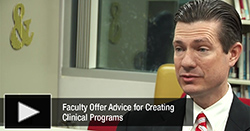
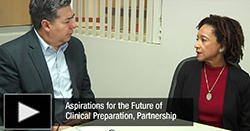
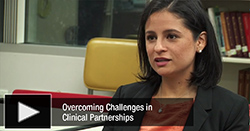
The University of Las Vegas (UNLV) and its clinical partners, including the Clark County School District (CCSD) and the on-campus CSUN Preschool, have cultivated strong relationships that allow them to weather obstacles together and share hopes for the future.
01 Dec2017
By Jemima Cabedo
Faculty from three AACTE-member universities were featured guests in an Education Talk Radio show last month to discuss their experiences as Teacher Quality Partnership (TQP) grantees. Joining host Larry Jacobs were the following teacher educators:
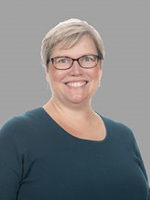
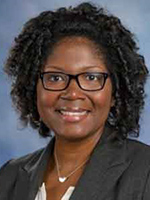
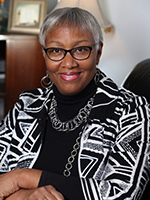
- Christina K. O’Connor, Director, Professional Educator Preparation, Policy, and Accountability, and Co-Chair, Collaborative for Educator Preparation, University of North Carolina at Greensboro; Regional Director, North Carolina New Teacher Support Program
- DaShaunda Patterson, Clinical Assistant Professor, Educational Psychology, Special Education, and Communication Disorders, Georgia State University
- Jennifer Robinson, Director of the Center of Pedagogy, Montclair State University (NJ)
28 Nov2017
By Sarah Verneret
Three new videos are available this week in AACTE’s Research-to-Practice Spotlight Series highlighting clinical preparation and partnerships of the University of Nevada, Las Vegas (UNLV) College of Education. The latest videos focus on creative approaches to addressing teacher shortages, the importance of a shared strategic vision, and the simultaneous renewal that benefits all parties in the clinical partnership.
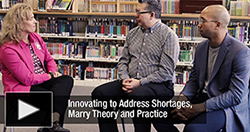
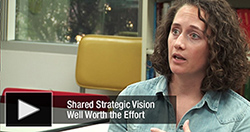
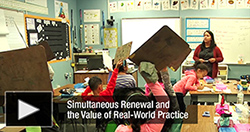
A shared vision is the cornerstone of the multifaceted partnership between the College of Education at the University of Nevada, Las Vegas (UNLV), and the neighboring Clark County School District. Thanks to the strength and clarity of this vision, the partners have been able to take risks and innovate in ways that advance the work of all involved.
28 Nov2017
By Renée A. Middleton
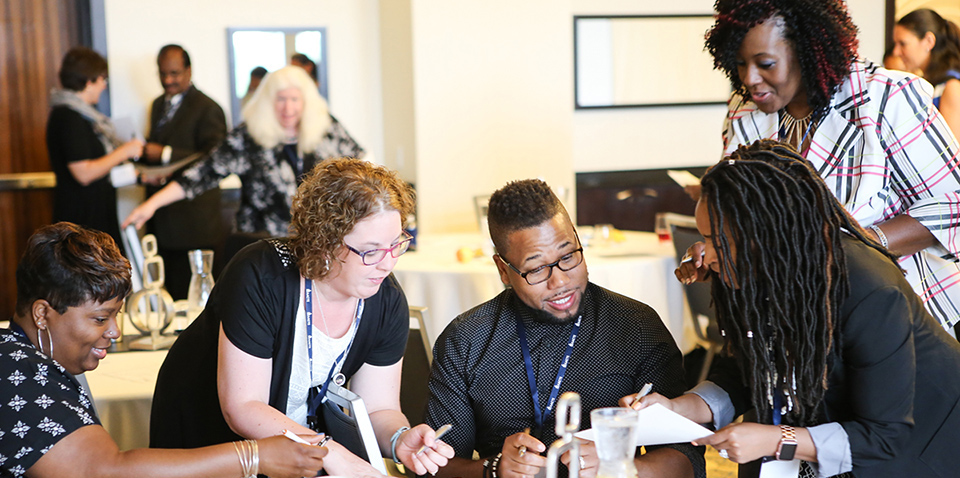
As AACTE Board Chair, I have shared and reflected monthly on several of our AACTE core values. This month, I would like to focus on one of our most important core values: professionalism.
This value calls for AACTE members to prepare teacher candidates to be not only successful educators, but also members of the larger professional community. Candidates should graduate from their programs with a clear understanding of the ethical responsibilities of being an educator and be equipped to contribute to the greater good in communities, school districts, and society.
14 Nov2017
By Shawn Karim
Three new videos are available this week on AACTE’s Research-to-Practice Spotlight Series highlighting clinical preparation and partnerships of the University of Nevada, Las Vegas (UNLV) College of Education. The latest videos focus on building relationships and meeting real needs throughout the community, including the need for a move diverse and culturally competent teaching workforce.

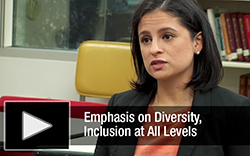

The University of Nevada, Las Vegas (UNLV) College of Education has carefully cultivated relationships that generate support not only for its teacher candidates but for the needs of the Clark County School District (CCSD) and the broader surrounding community. The continuously evolving partnerships thrive thanks to a culture of collaboration around solving authentic problems in the community.
07 Nov2017
By Sarah Verneret
In a recent Education Talk Radio program, host Larry Jacobs interviewed members of AACTE’s new Special Education Task Force about how best to prepare special educators—particularly in light of their current shortage around the country.
Jacobs’ guests for the October 26 show included AACTE Vice President Rodrick Lucero; Brian R. Barber, assistant professor of special education at Kent State University (OH); Valeisha Ellis, assistant professor and edTPA coordinator at Spelman College (GA); and Karmen Kelly, business officer in the School of Social Work at Colorado State University. All are members of the new AACTE task force, which is supported by a grant from the Collaboration for Effective Educator Development, Accountability, and Reform (CEEDAR) Center.
07 Nov2017
By Jerrica Thurman

To ensure that educators are prepared to meet the needs of all learners, the AACTE Clinical Practice Commission will release its findings on effective clinical educator preparation during a press briefing Wednesday, January 17, 2018. Panelists from the commission will present and discuss their culminating white paper at the event, to be held 9:00-11:00 a.m. EST at the National Press Club in Washington, DC.
Written by teacher educators representing expertise in theory, practice, and scholarship across the learning continuum, the report, A Pivot Toward Clinical Practice, Its Lexicon, and the Renewal of Educator Preparation, provides research- and practice-based recommendations, including a shared professional lexicon, for all educators to embrace as a foundation for effectively implementing clinical practice.
30 Oct2017
By Rodrick Lucero
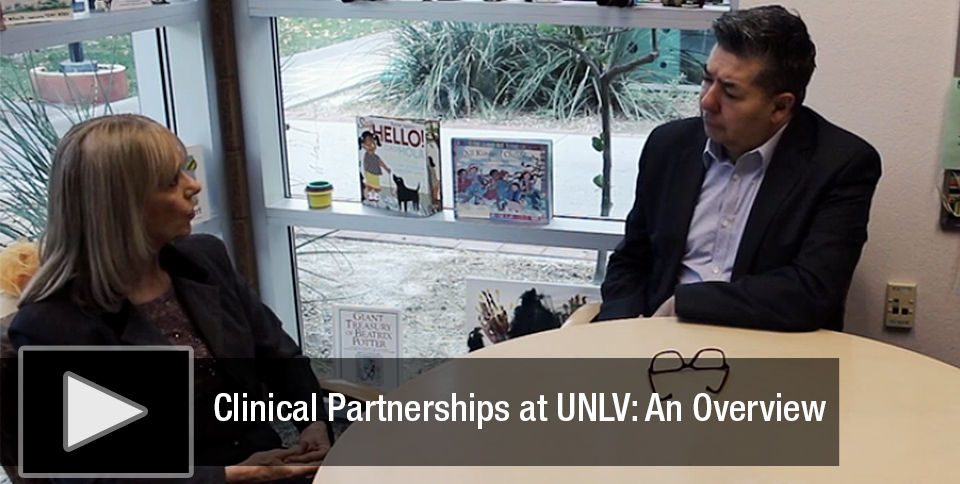
It is my pleasure to introduce a new feature in the AACTE Research-to-Practice Spotlight Series focused on clinical preparation at the University of Nevada, Las Vegas (UNLV) College of Education.
UNLV offers clinical experiences for educator candidates through a variety of partnerships and programs with the Clark County School District (CCSD), which College of Education Dean Kim Metcalf describes as a “natural laboratory” environment. Their thriving collaboration continues to evolve, with the latest outgrowth being a new initiative for research and clinical experience in Paradise Elementary School. The college also has a long-standing partnership with the inclusive preschool on campus, which serves the wider community and provides learning opportunities for both students and researchers across the university.
27 Oct2017
By Renée A. Middleton

The evolution of a teacher candidate into a professional educator does not occur overnight. Rather, it is a slow, steady, empowering journey that unfolds over several years, with teacher candidates receiving support and encouragement from mentor teachers and university faculty alike. Through it all, teacher candidates learn just as many lessons as they teach, ideally with one overarching principle repeatedly impressed upon them: that they must serve all learners.
This is no small task, as today’s educators enter increasingly diverse schools. This diversity creates wonderful learning opportunities for all, but it also presents its fair share of challenges. Teachers will encounter students with disabilities. They will encounter students who are gifted and talented. They will encounter students from low-income families. They will encounter students from various racial, ethnic, and socioeconomic backgrounds, as well as students who do not speak English as a first language.
06 Oct2017
By Rodrick Lucero and Amanda Lester
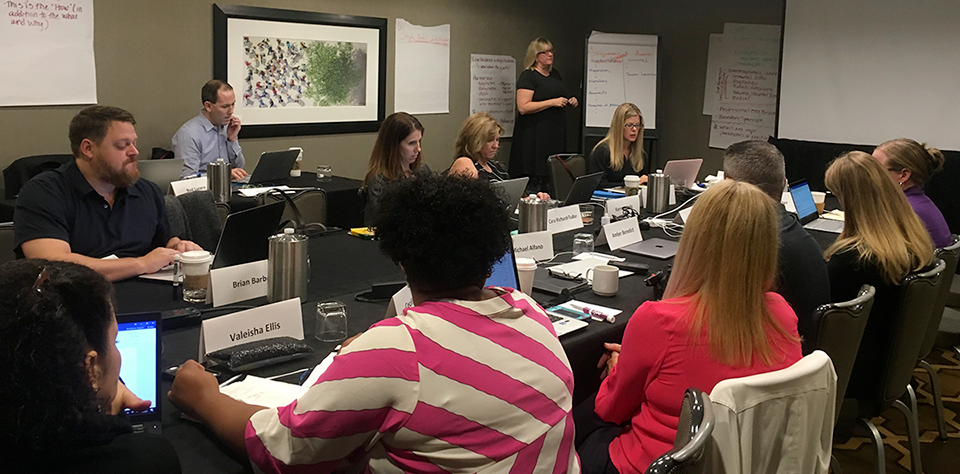
We are thrilled to announce the launch of a new AACTE task force to study how to improve the preparation of special education teachers through clinical practice. Growing out of the work of the AACTE Clinical Practice Commission (CPC), the AACTE Special Education Task Force held its inaugural meeting October 1-2 in Washington, DC.
The task force is charged with applying the CPC frameworks for clinical educator preparation to the particular needs of developing special education teachers. During this week’s meeting, the group began outlining the scope of its work, which is supported by a grant from the Collaboration for Effective Educator Development, Accountability, and Reform (CEEDAR) Center. The task force will study areas such as dual licensure and dual preparation models, pipeline strategies around recruitment and retention, interdisciplinary collaboration, and other factors pertinent to this specialized preparation. They ultimately plan to identify models and develop recommendations to amplify promising practices, establish continuous improvement benchmarks, and provide guidance for the field.
05 Sep2017
By Amy Vessel
This article is the last in a series of three showcasing the transformation of preservice field experiences at Louisiana Tech University. Read the first article here and the second here. The views expressed in this post do not necessarily reflect the views of AACTE.
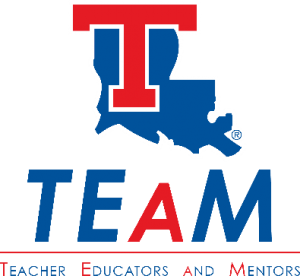
In a traditional student teaching experience, the school and mentor agree to host a teacher candidate in the classroom for 10-15 weeks, which can be viewed as a short-term accommodation that is not integral to the school community. In a full-year clinical residency, however, the importance of the mentor-resident placement is essential to the success of the school year for all involved. Therefore, the TEAM (Teacher Educators and Mentors) Model Clinical Residency Center at Louisiana Tech University has made the design of a quality placement procedure a priority.
In the TEAM Model timeline, residents and mentors apply in April/May to participate in the full-year clinical residency. Upon university, school, and district approval of the participants, an electronic clinical styles inventory is distributed to all participants in late May/June, and all placements are finalized in July. On the online inventory, mentors and residents rate their own traits around personality, planning, teaching, professionalism, and other areas in order to better identify their clinical style.
29 Aug2017
By Cole Dittmer
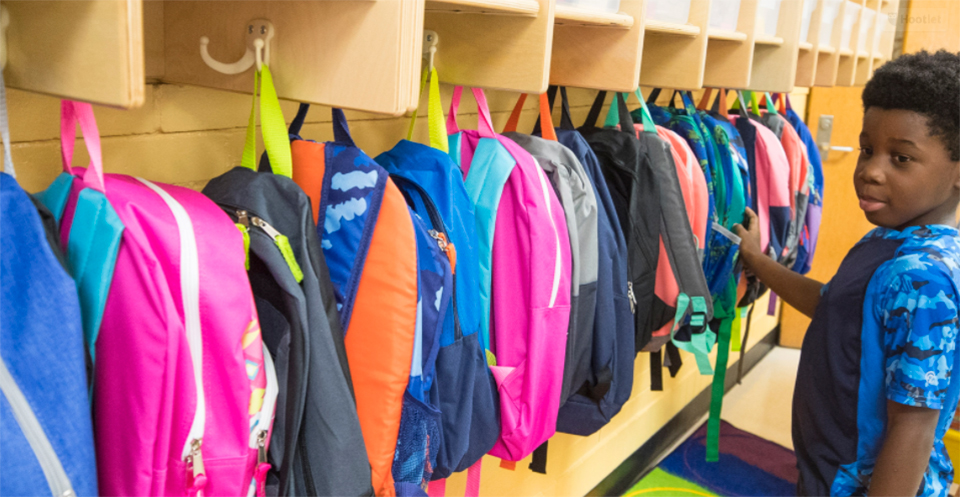
This article, originally published here, is reposted with permission from the East Carolina University News Services.
East Carolina University’s youngest students got their first look inside the ECU Lab School during open house on Aug. 24.
“I love it, everything,” exclaimed fourth-grader Breanna Daniels after seeing her new classroom.
22 Aug2017
By Amy Vessel

This article is the second in a series of three showcasing the transformation of preservice field experiences at Louisiana Tech University. The views expressed in this post do not necessarily reflect the views of AACTE.
In fall 2016, Louisiana Tech University’s Clinical Residency Center established an 8-year partnership with the Louisiana Tech Athletics Council to collaboratively mentor students in TEAM (Teacher Educators and Mentors) Model schools, strengthening connections between the university and the community while exposing more college students to the teaching profession.
The program started after head men’s basketball coach Eric Konkol began seeking ways to plug his team into the community, followed very quickly by head baseball coach Lane Burroughs. The coaches had the desire to increase their teams’ connections with area schools and sought the expertise of the College of Education to establish quality partnerships.
To meet this goal, we developed the “Dogs With a Cause” program, which pairs athlete mentors with elementary students in a character-building literacy curriculum based on award-winning children’s books. This program is a logical extension of our TEAM Model, which engages multiple schools and districts in collaborative partnerships that support a full-year residency for teacher candidates.
21 Aug2017
By Renée A. Middleton
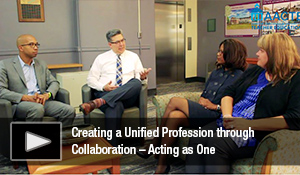
Since 2014, AACTE has featured the innovative work of several member institutions, including Ohio University in 2016, in its Research-to-Practice Spotlight Series highlighting clinical teacher preparation and partnerships. The video interviews in this series provide advice and examples for other schools of education looking to adopt a more clinically based model to advance high-quality learning. A commitment to high-quality learning is a core value of AACTE, both on members’ campuses and in PK-12 classrooms.
Teacher candidates, like everyone else, learn best when they take an active rather than passive role in their education, and clinical preparation empowers them to engage actively. In addition to building candidates’ professional skills and pedagogical content knowledge, many clinical experiences fully embed interns in the host school’s community and cocurricular activities. This practice helps develop confident, engaged teachers who are skilled advocates for effective teaching and learning in their communities.
08 Aug2017
By Jason Wingate
The author is a member of AACTE’s Clinical Practice Commission. The views expressed in this post do not necessarily reflect the views of AACTE.
During the recent accreditation visit on my campus, my colleagues and I encountered the comprehensiveness of the new Council for the Accreditation of Educator Preparation (CAEP) standards and how difficult it is to reach those standards entirely, especially in a state that does not share PK-12 data of students and graduates. In one area, however, we thrived: Standard 2, which focuses on clinical partnerships and practice.



























